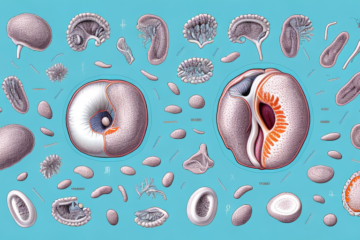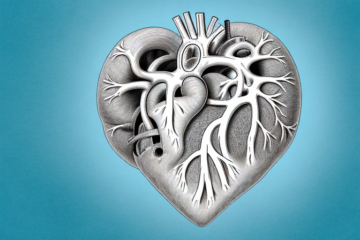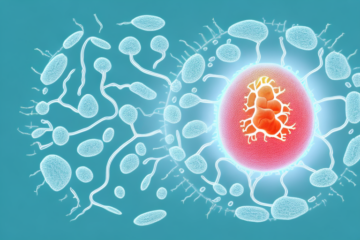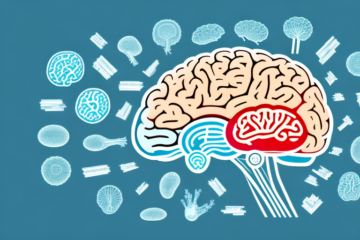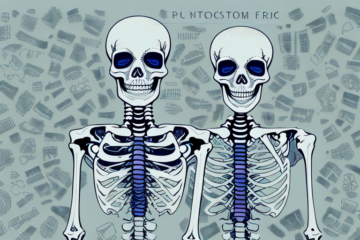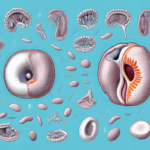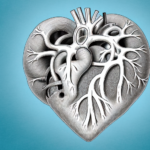Celiac disease is a condition that affects millions of people worldwide and can have potentially serious health consequences if left untreated. Understanding the basics of this condition can help individuals recognize the signs and symptoms, seek prompt diagnosis and treatment from a qualified healthcare provider, and make the necessary lifestyle changes to improve their overall health and well-being.

Understanding Celiac Disease: An Overview
Celiac disease is a digestive disorder that occurs when the immune system reacts to gluten, a protein found in wheat, barley, and rye. This reaction causes damage to the lining of the small intestine, which can lead to malabsorption of crucial nutrients, including vitamins, minerals, and other essential components of a healthy diet. As a result, individuals with celiac disease may experience a wide range of symptoms, including gastrointestinal distress, fatigue, joint pain, and neurological issues.

It is estimated that approximately 1% of the population worldwide has celiac disease, although many cases go undiagnosed. The only treatment for celiac disease is a strict gluten-free diet, which can be challenging to maintain, as gluten is found in many common foods and ingredients. However, with proper education and support, individuals with celiac disease can lead healthy, fulfilling lives.
Research has also shown a link between celiac disease and other autoimmune disorders, such as type 1 diabetes, rheumatoid arthritis, and thyroid disease. Therefore, individuals with these conditions may be at a higher risk of developing celiac disease and should be screened regularly. Early diagnosis and treatment of celiac disease can prevent long-term complications and improve overall health outcomes.




